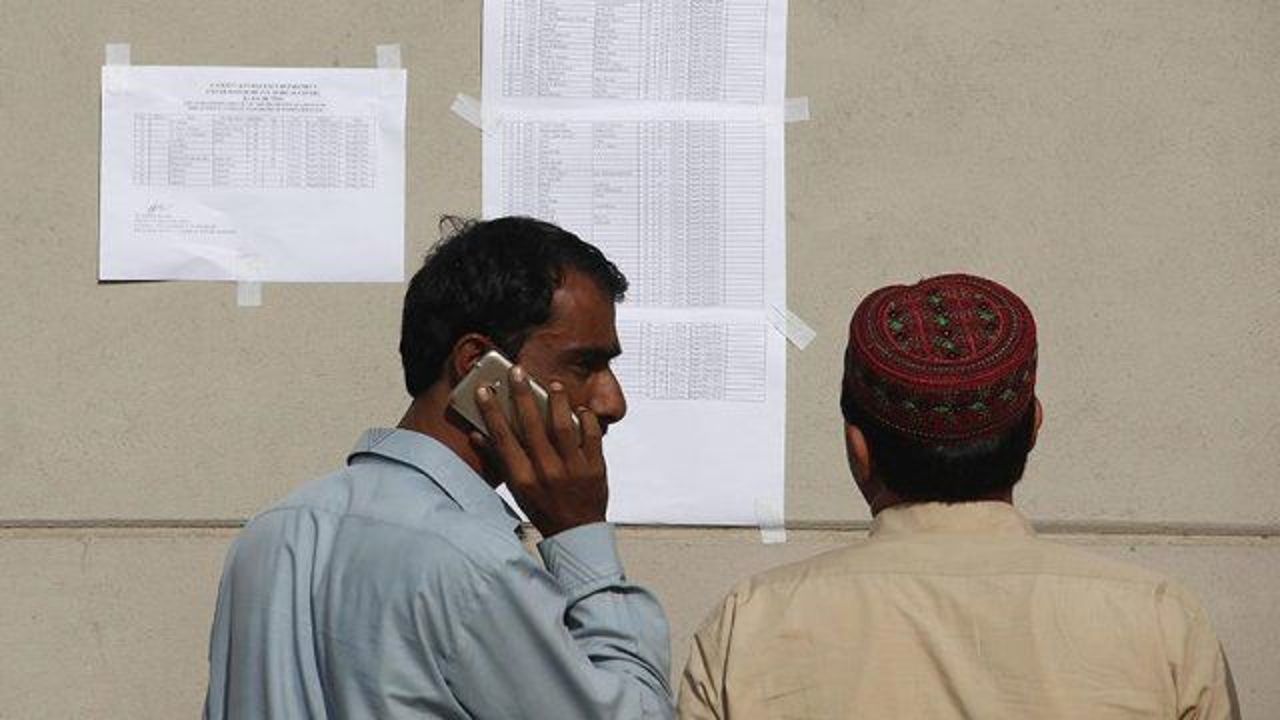48 confirmed dead in Pakistan plane crash
All 48 passengers on board the plane, which crashed north of Pakistani capital, have been killed, chairman of Pakistan International Airlines (PIA) confirmed on Wednesday.

Chairman Ikram Sehgal, addressing a press conference at Islamabad, said the plane was fit for the flight, and investigations have been launched to figure out what caused the crash.
A PIA plane, headed for Islamabad from the northwestern Chitral district, crashed around 80 kilometers from the capital, Pervez Geroge, a spokesman for the Civil Aviation Authority, told Anadolu Agency.
The airline also confirmed the plane crashed after losing contact with the control tower during the journey.
Meanwhile, the army said they had recovered 40 bodies from the wreckage and the search operation is ongoing.
Famed singer-turned-preacher Junaid Jamshed, his wife and three foreigners were on the flight. Jamshed’s family confirmed he had been on a tour of Chitral, which borders neighboring Afghanistan.
Aviation official Irfan Elahi told reporters that according to initial investigations, the crash appeared to have been caused by engine failure.
Pakistani Prime Minister Nawaz Sharif expressed “deep grief and sorrow” over the crash and ordered the authorities to accelerate the search.
Turkey’s foreign ministry said the incident caused "great sorrow” and offered its condolences to the "brotherly people of Pakistan" and the relatives of those who died.
The Chitral-Islamabad route is considered one of the most perilous air routes due to its mountainous nature.
Pakistan has a long history of air disasters with 17 crashes since 1965. Some 130 people were killed when a local airline’s plane crashed in Islamabad in April 2012.
Pakistan’s former military ruler General Zia-ul-Haq, along with 17 senior army officers and the then US ambassador to Pakistan, was killed in a plane crash in August 1988.
Anadolu Agency







